Pros and Cons of Organic Fertilizer
This post may contain affiliate links which might earn us money. Please read my Disclosure and Privacy policies hereIf you are venturing into your first gardening adventure or are just a beginner, today we are going to talk about the pros and cons of organic fertilizer.
Let's begin!
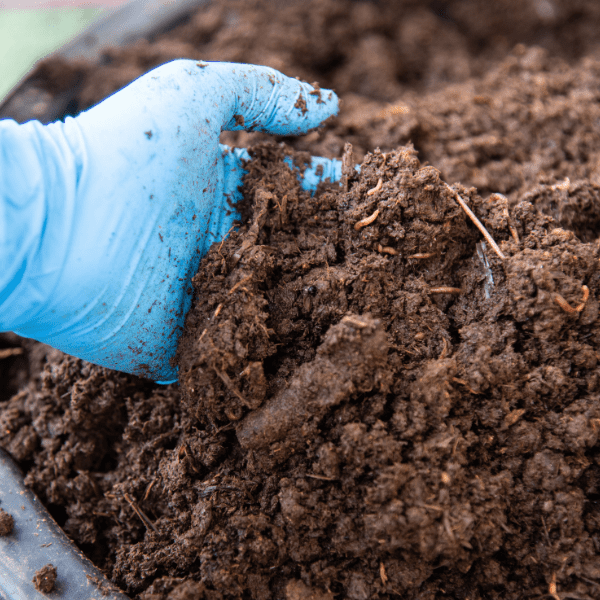
Many gardeners have preferences for what to use for fertilizer in their gardens. Avid gardeners are often found debating which fertilizer is best for their garden, but many have started to go with organic fertilizer.
With that being said, I wanted to address some of the pros and cons of organic fertilizer today so that you can be more educated on the topic and decide on what fertilizer to use in your garden this year.
Organic fertilizer is a type of fertilizer that goes through minimal processing, thus leaving behind more nutrients than other fertilizer options that tend to have their nutrients refined or extracted.
While you think of organic fertilizer much like organic food, the two processes are completely different.
Organic fertilizers are usually made of animal or plant waste. Since the nutrient ratios are hard to guarantee, you‘ll usually find organic fertilizers sold as solid conditioners.
The Pros of Organic Fertilizer
Making the decision to go with organic fertilizer may be the best decision you make when it comes to having your own garden.
Here are the pros of organic fertilizer:
- Organic fertilizer can hold water and nutrients better than other options due to its soil structure being made from natural ingredients.
- Environmentally friendly.
- You can make your own by composting at home or finding local farmers that may sell compost manure.
- Reduce the risk of salt build-up that can be deadly to plants.
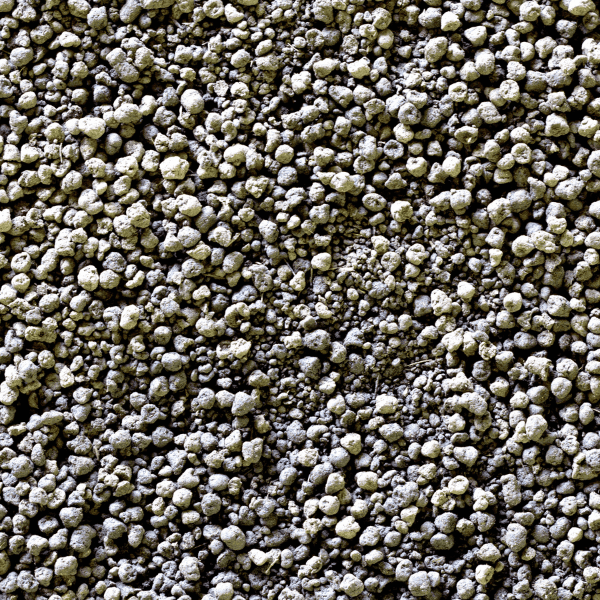
The Cons of Organic Fertilizer
Making the decision to go with a chemical fertilizer may sound like a reasonable option once you read these cons of organic fertilizer:
- Seasonal limitations are due to organic fertilizer needing warmth to break down fully and release nutrients into the soil.
- It works based on nature versus command, meaning you may not get nutrients to your plants as quickly as you desire when using organic fertilizer.
- The overall nutrient ratio percentage is hard to determine and could mean that you have fewer or more nutrients.
- It can be quite expensive to purchase organic fertilizer.
Related gardening posts:
Whether you’re reading this to think about whether or not to use organic fertilizer or to learn more about this option as a gardener, I do hope that my pros and cons of organic fertilizer have helped you learn more about this environmentally friendly fertilizer option.
The downside to buying organic fertilizer is that you may spend more money and have a less reliable chance of getting the necessary nutrients to your plants when needed. Still, you’ll overall feel more confident knowing that you’re feeding your plants a more natural option that is safe for the environment.


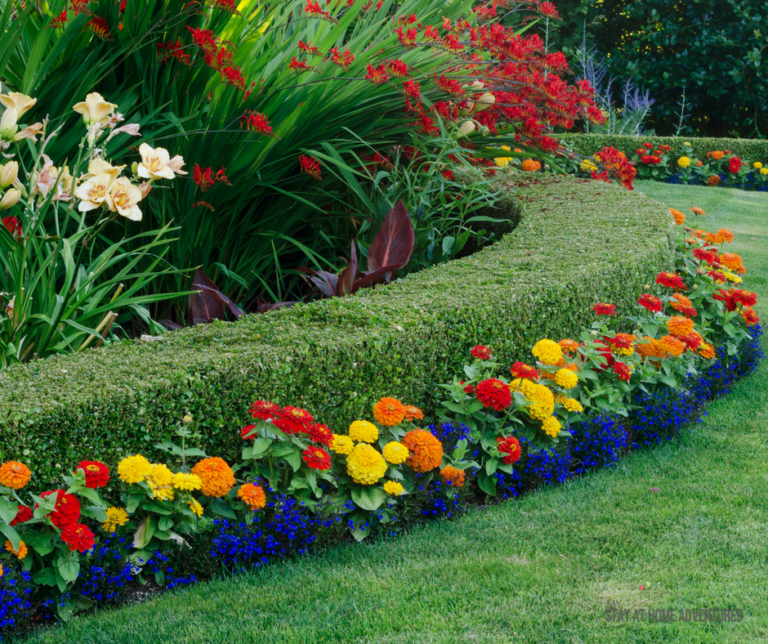


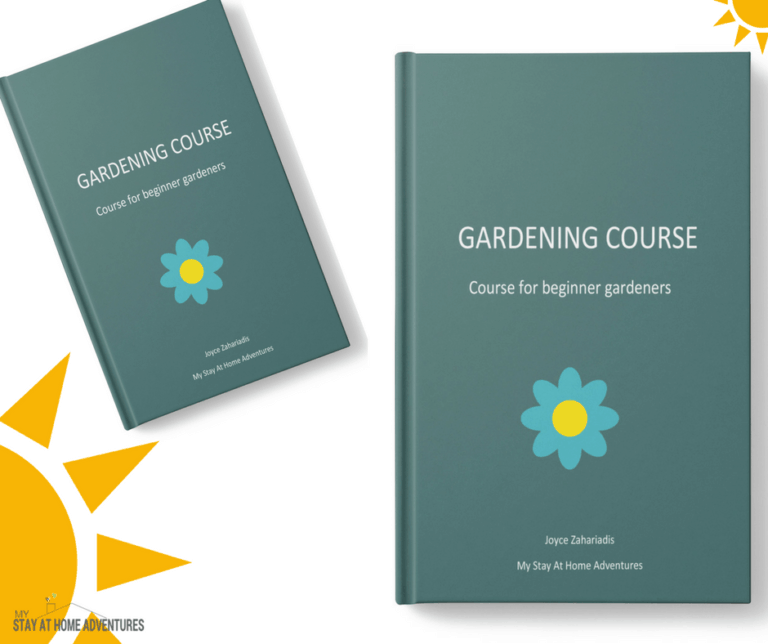
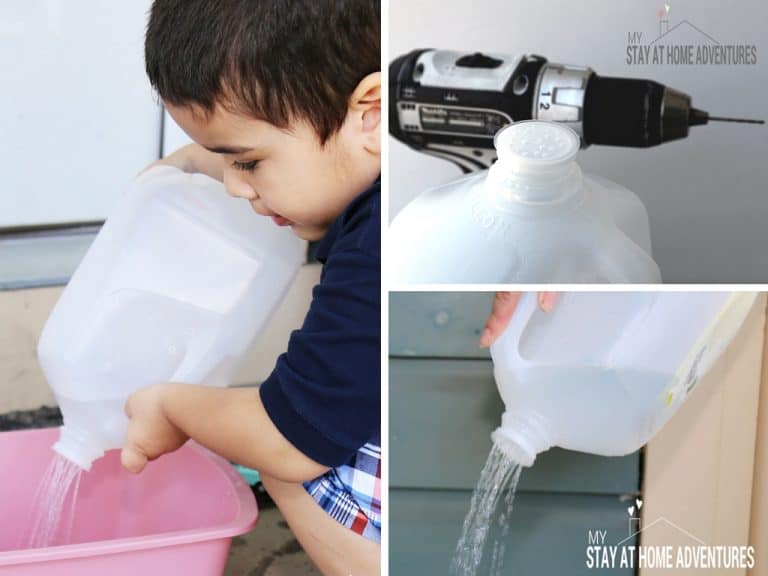
Interesting topic. Before I read the post I was thinking about cost. I am an organic gardener and buy the Espoma brand of products when I need a fertilizer. I tend to buy their general fertilizer for any plant as its like $10 per bag and buying custom bags for each type of plant would add up quickly!